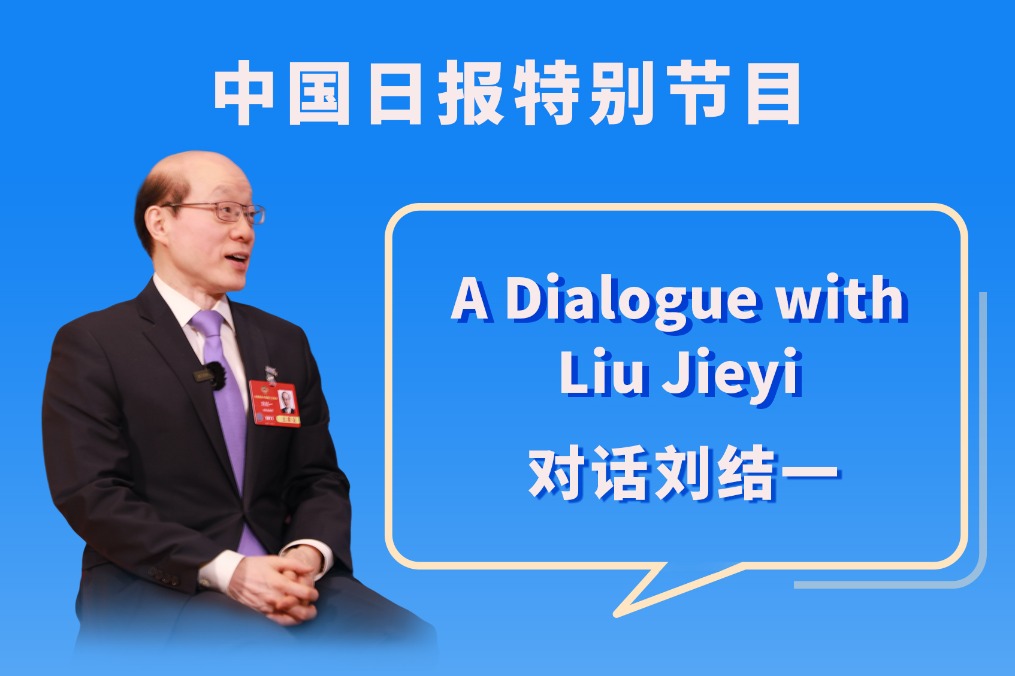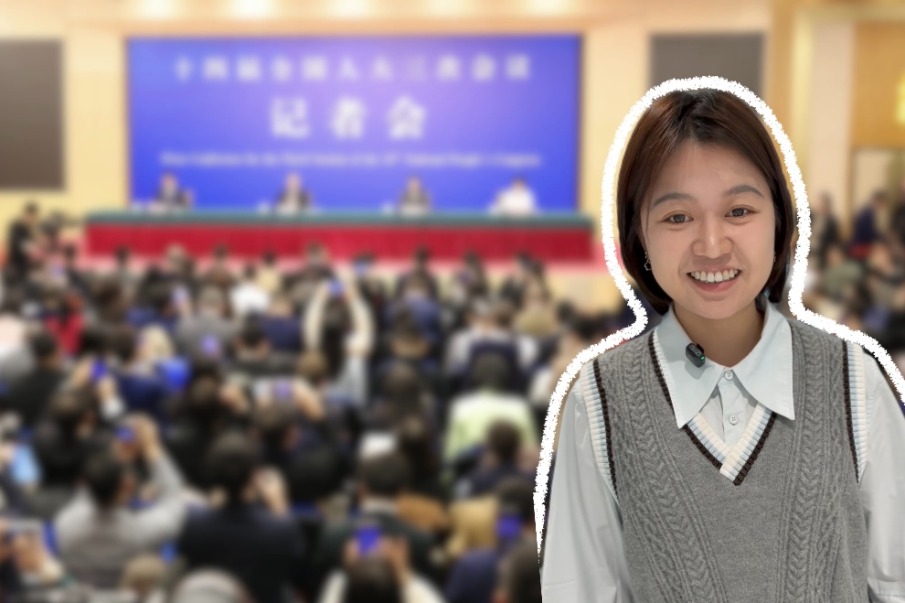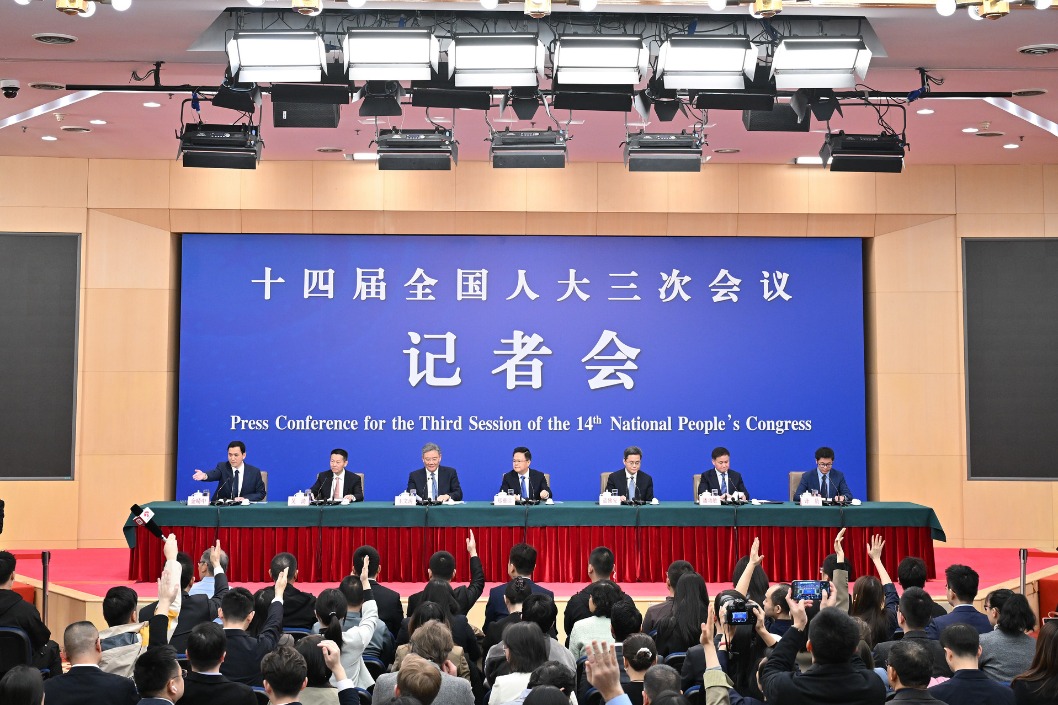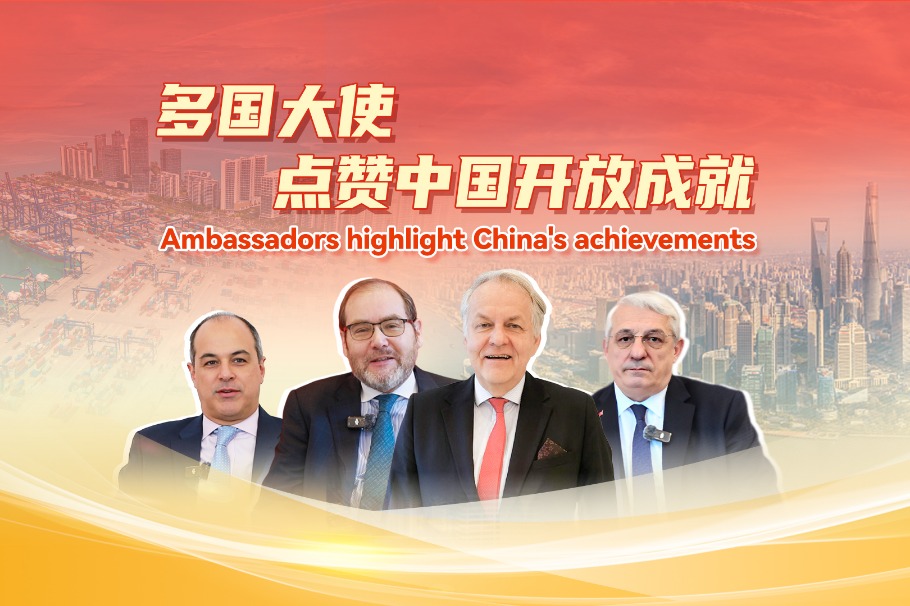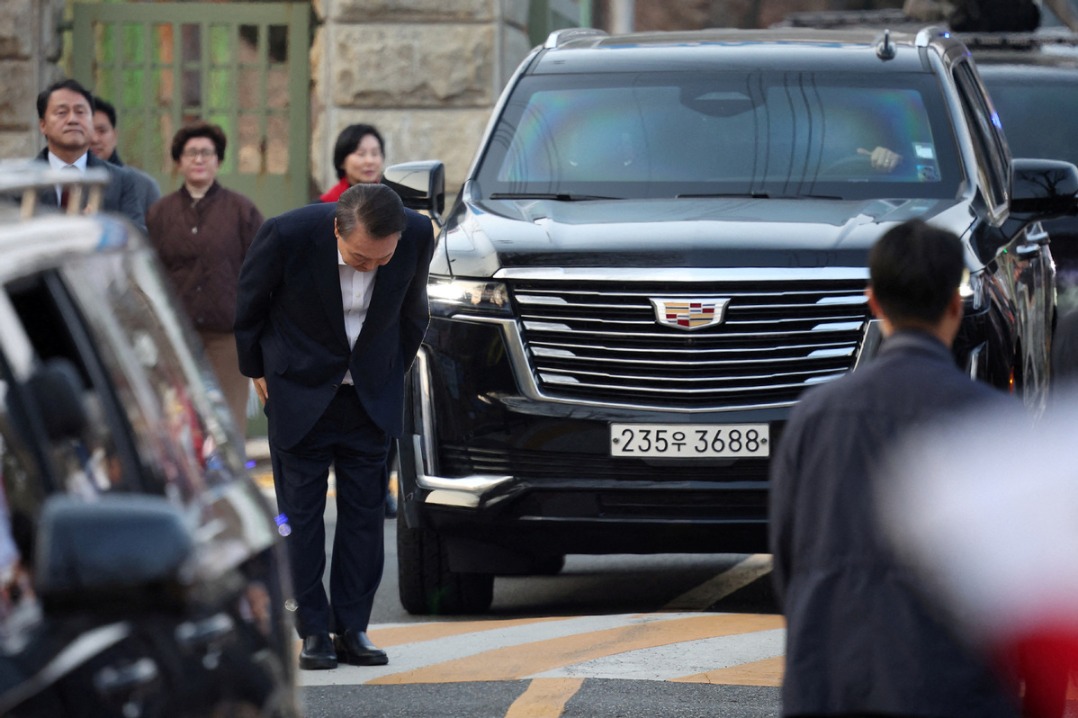Listening and action: The practice of Chinese democracy

Fernando Munoz's 24-year journey in China transformed his understanding of democracy. Initially, he held Western-influenced beliefs that China lacked genuine political participation. Upon the establishment of his company in 2005, a constant flow of regulatory changes and updates began to challenge this perception.
A pivotal moment arrived in 2006 when he attended a public hearing about a proposed incinerator. This experience revealed the consultative nature of Chinese governance, where experts presented proposals and citizens actively participated in discussions and debates. This opened Fernando's eyes to the grassroots engagement that shaped policy.
He began noticing the tangible results of this process: new infrastructure, improved public spaces, and updated regulations. Fernando realized these changes stemmed from citizen feedback and local consultations, which then influenced broader policy decisions, including those made during the annual two sessions in Beijing.
Fernando Munoz's perspective shifted from viewing democracy as solely defined by elections to understanding it as a system focused on addressing citizens' needs through practical, tangible improvements. He discovered that in China, democracy is about listening to the people and translating their concerns into action. This process, starting at the grassroots levels and leading to national policy adjustments, demonstrates a form of democracy focused on delivering real-world results. He concluded that this model, driven by community input and tangible change, is a valid and effective form of democratic practice.
















